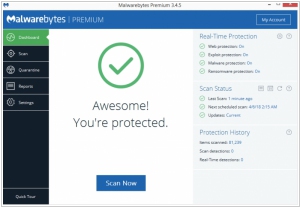Malwarebytes vs Mcafee
June 12, 2023 | Author: Michael Stromann
27
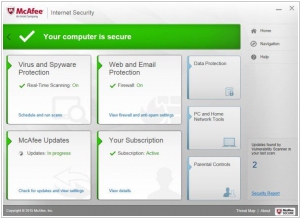
McAfee is owned by Intel. Delivering proactive and proven security solutions and services that help secure systems and networks around the world, Intel Security protects consumers and businesses of all sizes from the latest malware and emerging online threats. Our solutions are designed to work together, integrating anti-malware, antispyware, and antivirus software with security management features that deliver unsurpassed real-time visibility and analytics, reduce risk, ensure compliance, improve Internet security, and help businesses achieve operational efficiencies.
Malwarebytes and McAfee are both widely recognized cybersecurity companies that provide antivirus and anti-malware solutions, but they differ in their approach and product offerings. Malwarebytes specializes in advanced malware detection and removal, focusing on identifying and eliminating various types of malware threats, including viruses, Trojans, ransomware, and adware. It employs heuristic analysis and behavioral monitoring to proactively detect new and emerging threats. Malwarebytes is known for its strong track record in malware detection and its ability to target specific types of malware effectively. On the other hand, McAfee offers a comprehensive suite of security solutions that includes antivirus protection, firewall management, identity theft protection, and other cybersecurity features. McAfee emphasizes comprehensive security coverage for a wide range of platforms and devices. It provides user-friendly interfaces and centralized management options for ease of use.
See also: Top 10 Antivirus Software
See also: Top 10 Antivirus Software
Malwarebytes vs Mcafee in our news:
2022. Malwarebytes lands a $100M cash injection weeks after laying off 125 employees
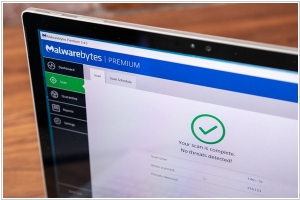
Cybersecurity leader Malwarebytes has recently disclosed a $100 million cash infusion following the reduction of 125 employees. Malwarebytes' CEO, Marcin Kleczynski, emphasizes the company's renewed focus on delivering effective and user-friendly cybersecurity solutions to underserved customers, where it excels compared to competitors. This investment will empower Malwarebytes to enhance its team, drive product innovation, and expand its MSP partner and international channel programs, enabling the company to better serve existing and future customers.
2021. Investor consortium to acquire McAfee for $14B
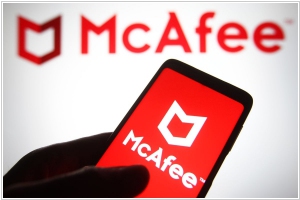
In a fascinating development, cybersecurity software company McAfee has taken a new turn as an investor consortium comprising six investment firms has announced its acquisition of the company for a staggering $14 billion. Each member of the investor group will contribute financial and operational resources, although the exact details of how this collaboration will unfold remain somewhat unclear. With multiple companies involved, McAfee will undoubtedly have to navigate through a complex managerial landscape. It is noteworthy that the deal includes a "go shop" provision, a common practice that grants McAfee a 45-day period to explore potential alternatives and potentially secure a better offer. While the likelihood of a superior proposal is minimal, this provision assures shareholders that the company has pursued the best possible deal on their behalf.
2021. McAfee sells its enterprise business
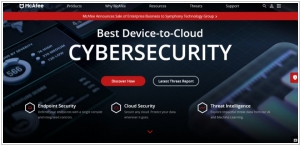
Security company McAfee has announced the sale of its enterprise business to a consortium led by private equity firm Symphony Technology Group for a staggering $4 billion. This strategic move aligns nicely with the acquisition of RSA, another enterprise-focused security company, which the private equity firm bought for $2 billion in February last year. McAfee's President and CEO, Peter Leav, explains that the company has made the decision to shift its focus and allocate resources towards the consumer side of the business.

